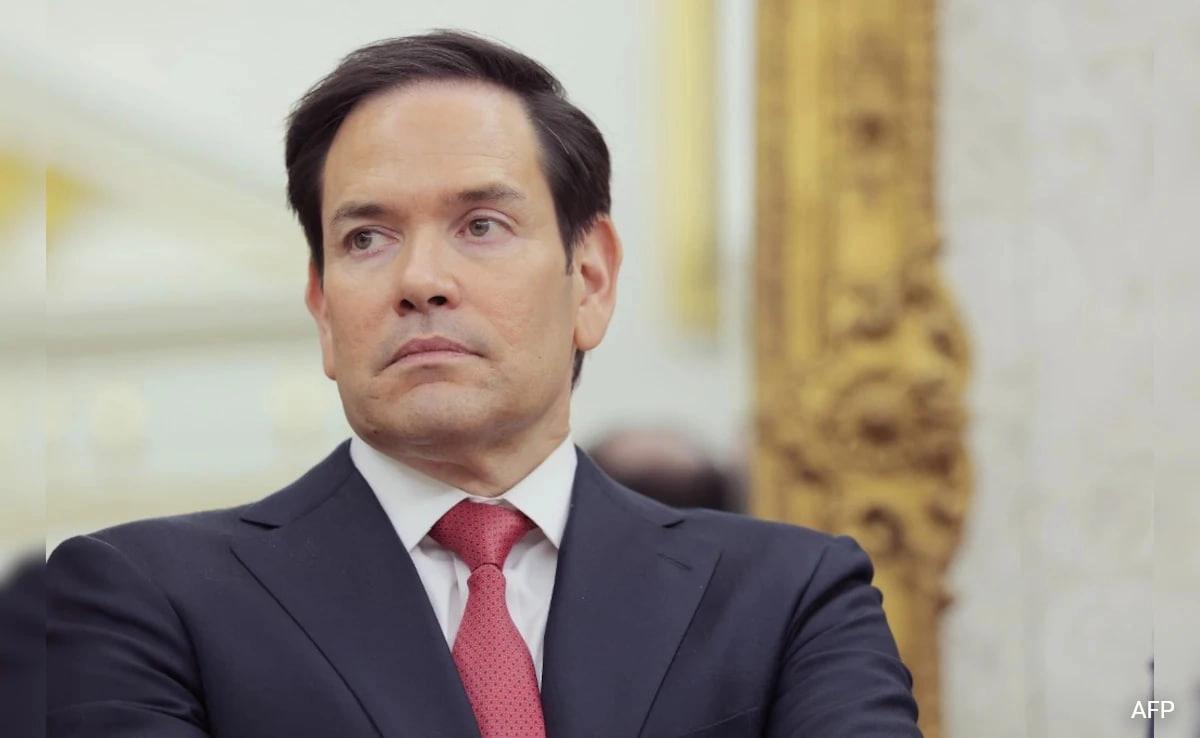In a significant move aimed at upholding moral and ethical standards, Kyrgyzstan has recently implemented a ban on online pornography. This decision reflects the government’s commitment to fostering a society that aligns with its cultural and traditional values, which are often rooted in conservative principles. The ban on online adult content is seen as a measure to protect the moral fabric of the nation, particularly in the face of rapidly evolving digital landscapes that can expose individuals, especially the youth, to potentially harmful material.
The authorities in Kyrgyzstan argue that unrestricted access to online pornography can lead to detrimental effects on societal norms and behaviors. Concerns have been raised about the influence of such content on the younger generation, who may be more susceptible to its impact. By instituting this ban, the government aims to shield its citizens from the perceived negative consequences of exposure to explicit material, thereby promoting a healthier and more respectful approach to human relationships and sexuality.
However, the ban raises questions about freedom of expression and access to information. Critics argue that such measures could infringe on personal liberties and hinder the ability of individuals to make informed choices. The balance between protecting societal values and respecting individual freedoms is a delicate one, and the implementation of this ban will likely spark ongoing debates within Kyrgyzstan regarding the role of government in regulating personal behavior and the digital environment. The effectiveness of this ban in achieving its intended goals remains to be seen, as society grapples with the complexities of modern technology and cultural preservation.




